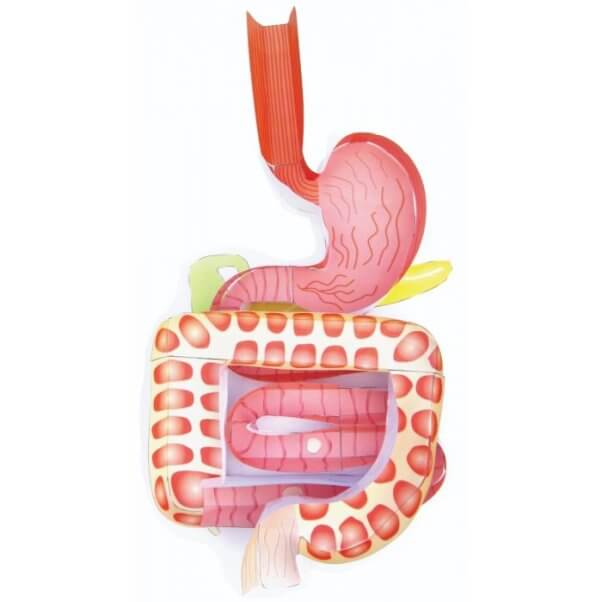Don’t Cancel Science! Use Non-Animal Tools Instead
We can’t believe we have to say this, but some teachers still buy dead animals in pails or bags filled with chemicals, use pins to splay them on a tray, and—get this—ask impressionable and naturally compassionate students to cut them apart. Talk about a horror film come to life! The halls are filled with the smell of formaldehyde, and kids are understandably upset—and really, what are they learning beyond how to mutilate an animal killed for dissection who wanted to live? Is this not the 21st century? We can and must do better—for animals and students.
Kind teachers know that animals are not ours to use for science and that classroom dissection is indefensible. Modern science curricula and standards no longer require—or even refer to—animal dissection. The College Board (AP Biology), the International Baccalaureate, and Next Generation Science Standards (NGSS) make no mention of it.
Sure, we want our students to be as excited about biology as we are, but that’s no justification for killing and dissecting millions of animals each year in archaic classroom practices. Let’s focus on teaching kindness instead of using animals as science experiments.
There’s nothing more exhilarating than showing students how human organ systems are similar to those of other animals—which allows us to compare our capacity to feel, use tools, take cues from the environment, and find food with theirs. Fortunately, the humane anatomy tools listed below will satisfy kids’ natural curiosity about animals without harming anyone.
The Kind Frog™
The Kind Frog is a silicone-based dissectible frog model with color-corrected internal organs and anatomically accurate details designed by science teachers to provide a hands-on dissection experience without harming real frogs. TeachKind Science is helping keep frogs off dissection trays by donating Kind Frogs to schools across the U.S. through an animal-free dissection pilot program. To find out more about Kind Frog, click here.

NewPath Learning
NewPath Learning includes paper science kits for an extensive range of anatomy models, such as frog and pig models with their included organ systems and human anatomy models, such as the human digestive tract, the heart and direction of blood flow, and other organs. Their content also includes physical learning guides and virtual learning tools such as an owl’s digestive tract, a butterfly’s life cycle, or a visual guide of the human endocrine system, to name a few. Suppose you really want your next anatomy lesson to be memorable. In that case, NewPath Learning also has board games on the biology of the human body to help students master their knowledge in a fun, cruelty-free approach.
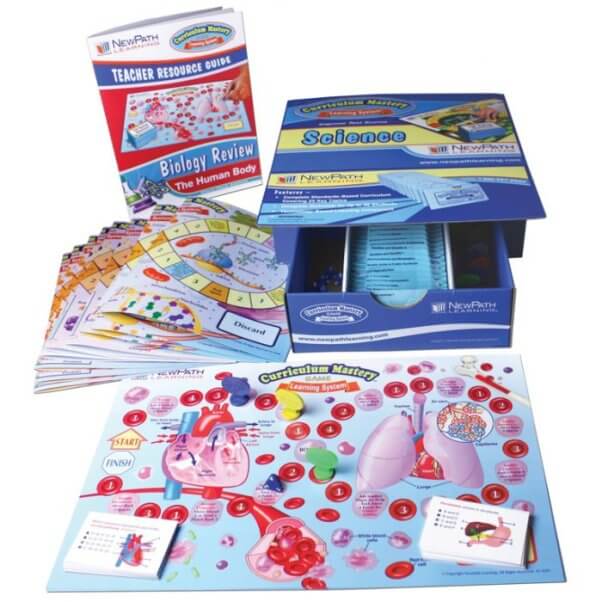
Biosphera
Biosphera offers a variety of desktop- and mobile-ready anatomy software modules featuring cats, frogs, cows, fish, and many other species. Through high-quality 3-D imagery and touchscreen technology, students can learn about anatomical landmarks, organs, and organ systems.
DigiGalaxy
Including human, snake, fish, and tiger anatomy modules, DigiGalaxy ANATOMY 3D Pro++ is a unique learning tool. Also offered are invertebrate and plant modules for a complete biology learning system.
GP Strategies Corporation
GP Strategies Corporation’s Rat Dissection app, which is available for the iPad, was designed for middle and high school students. The virtual dissection tool features vivid three-dimensional images of the rat’s internal organs, step-by-step instructions with voice-over, accurate simulation of the dissection procedures, and content validated by subject matter experts to ensure accuracy.
Expandable Mind Software
Expandable Mind Software offers a web-based suite of simulated dissections and physiology experiments that are highly interactive and aligned with the NGSS. Modules are available for purchase individually and include studies of Mendelian genetics and the anatomies of 10 different animals, including frogs, three types of fish, several invertebrate species, fetal pigs, and cats. Mini labs include various physiological simulations, such as respiratory rate, muscle contractions, and the effects of drugs on heart rate. The software can be accessed on any device with an internet connection.
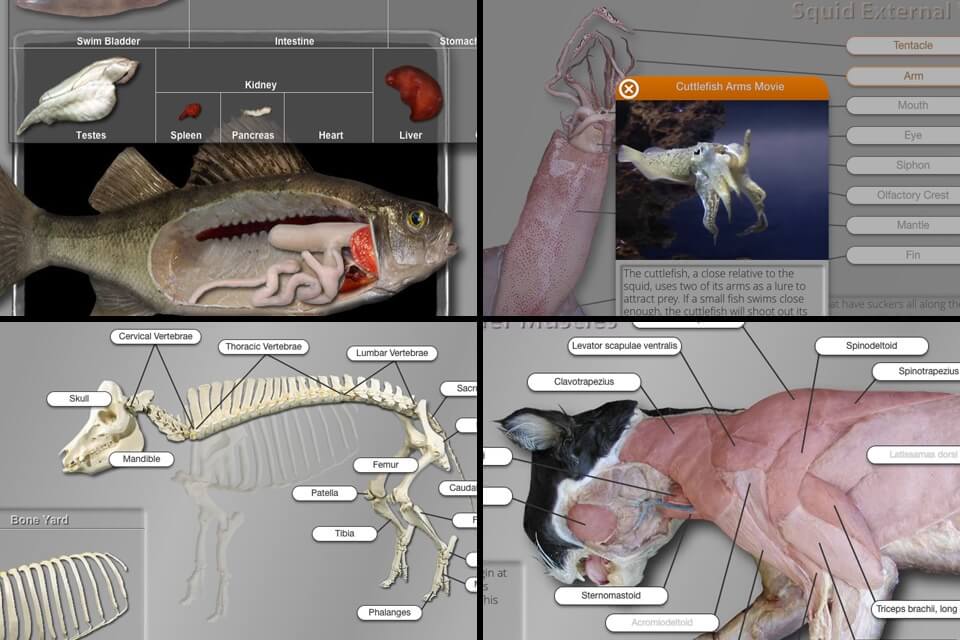
Froggipedia
Froggipedia—which was named Apple’s iPad App of the Year for 2018 and has earned its developer PETA’s Compassionate Company Award—is available on iTunes and covers the frog life cycle, 3-D virtual dissection, and more in an easy-to-use and engaging virtual reality format.
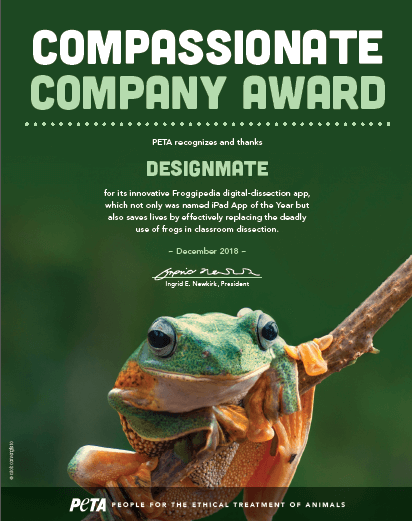
Hybrid Medical Animation AnatomyAR + for Merge Cube
Hybrid Medical Animation has developed an augmented reality app for use with the Merge Cube, which it describes as follows: “AnatomyAR+ utilizes the latest in technology—Augmented Reality (AR)—to take a closer look at the most iconic and vital organs of the body: the brain, the heart, and the lungs.” Merge Labs Inc., maker of the Merge Cube, also has a new platform with NGSS-aligned activity plans.
Leap Motion
Leap Motion’s Cat Explorer allows students to reach into a virtual cat and view the anatomy in 3-D.
McGraw-Hill Education
Anatomy & Physiology Revealed boasts full human cadaver imagery with drill-down dissection layers, from superficial to deep.
Edmentum AR Biology
This app is perfect for teaching students about insects’ anatomy without taking them from their natural habitats and killing them for dissection or pinned displays. It’s free, and it allows students to zoom in on each insect model, revealing details that can’t be seen with the naked eye. The app’s use of augmented reality adds a fun, interactive dimension to the learning experience.
Getting Nerdy 3-D Paper Model Anatomy Kits
Getting Nerdy has a seemingly endless variety of paper animal anatomy models— including a pig, a starfish, a shark, a bird, and a rat—to suit all life science courses. Students cut out the model, tape the organs and internal layers in the correct areas, and end up with a 3-D, anatomically correct, paper animal. This crafty fun includes detailed worksheets for in-depth lessons, and each kit can be used as a long-term study tool throughout the school year to help solidify learning.
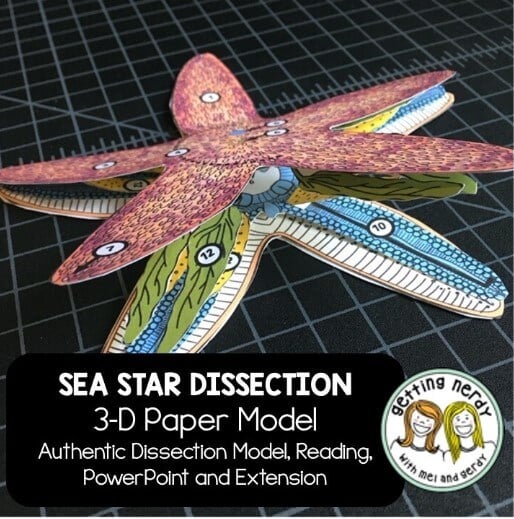
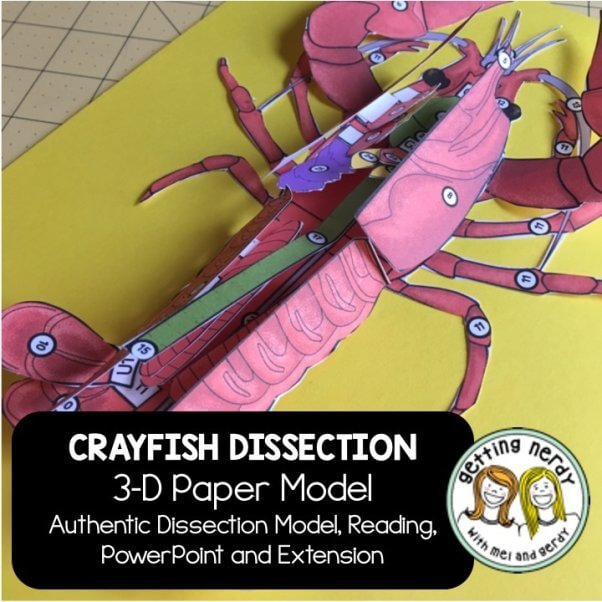
Gizmos
Gizmos provides interactive online science activities, including a frog dissection simulation, human anatomy labs, and simulations that allow students to explore some of the work done by veterinarians, ecosystem biologists, medical doctors, and toxicologists. With Gizmos, students can roleplay in STEM-field scenarios most applicable to careers in life sciences instead of dissecting a dead animal.
*****
Looking for more humane science lessons? Check out these NGSS-aligned lessons that help animals instead of harming them.

